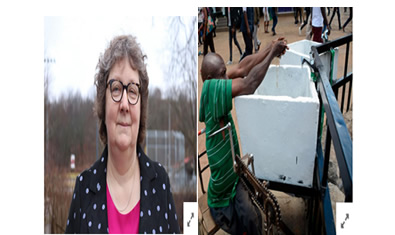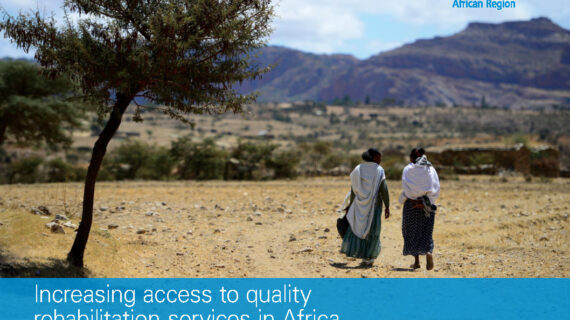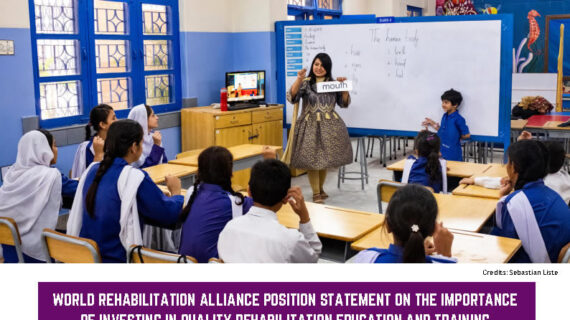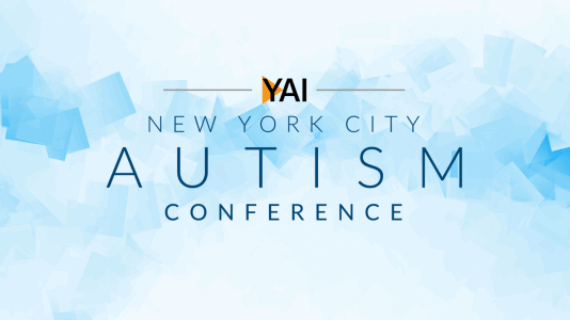Protect Rights of People with Disabilities During COVID-19
Ensure Access to Information, Essential Services For Those Most at Risk.
(New York) – COVID-19 presents particular risks for many people with disabilities around the world, Human Rights Watch said today. Governments should make extra efforts to protect the rights of people with disabilities in responding to the pandemic.

 “People with disabilities are among the world’s most marginalized and stigmatized even under normal circumstances,” said Jane Buchanan, deputy disability rights director at Human Rights Watch. “Without swift action by governments to include people with disabilities in their response to COVID-19, they will remain at serious risk of infection and death as the pandemic spreads.”
“People with disabilities are among the world’s most marginalized and stigmatized even under normal circumstances,” said Jane Buchanan, deputy disability rights director at Human Rights Watch. “Without swift action by governments to include people with disabilities in their response to COVID-19, they will remain at serious risk of infection and death as the pandemic spreads.”
Globally, more than 1 billion people – roughly 15 percent of the world’s population – live with some form of disability. People who are older, people with chronic health conditions, or people with disabilities – that, for example, affect their respiratory capacity – may be at particular risk of serious illness or death from COVID-19 infection.
For others, having a disability does not by itself put them in at higher risk of infection, but they are in danger due to discrimination and barriers to information, social services, health care, social inclusion, and education.
In a rapidly evolving pandemic, information is essential for people to make decisions about how to protect themselves and how to access necessities and services during quarantine and self-isolation. Governments at all levels should be providing accurate, accessible, and timely information about the disease, prevention methods, and services.
To ensure that people with disabilities are not deprived of lifesaving information, communication strategies should include qualified sign language interpretation for televised announcements, websites that are accessible to people with different disabilities, and telephone-based services that have text capabilities for people who are deaf or hard of hearing. Communications should use plain language to maximize understanding.
Human Rights Watch interviewed Karen McCall who is legally blind and is self-quarantining at her home in Ontario, Canada after potentially coming into contact with someone who tested positive for COVID-19. She said she faced obstacles in accessing information from Ontario’s Ministry of Health, as an online slideshow about staying healthy during the COVID-19 outbreak was not compatible with screen reading or magnification technology she relies on.
Governments should also consider the specific needs of people with disabilities when developing prevention strategies. For example, additional guidelines on hand washing should be developed for people with disabilities who are not able to wash their hands frequently or on their own or lack access to sufficient water for hygiene.







